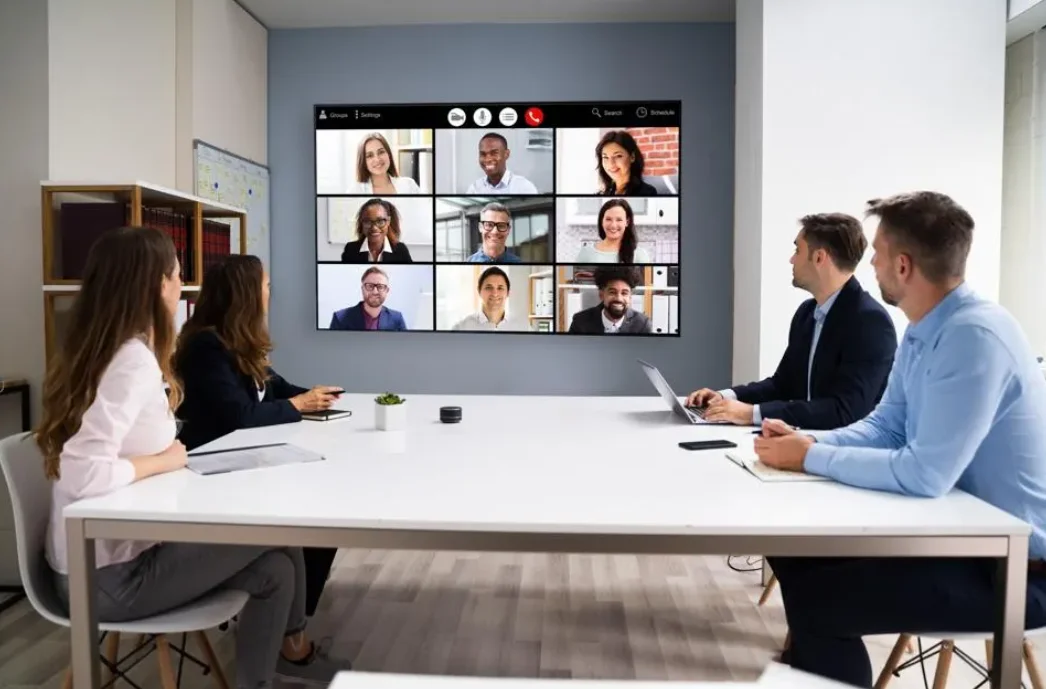Long gone are the days of choosing a singular career path and staying with the same company for 30 years. Today’s workforce tends to shift from company to company and may even choose an entirely new path in life several times over again. Often these changes are related to seeking a better financial opportunity or more happiness at work.
If you’ve been thinking about your own professional development and want to experience higher job satisfaction, it’s time to consider your career goals. With a plan, you’ll be equipped to not only find a satisfying career path, but also to continue to grow your skills within the workplace. Let’s take a closer look at how you can set some professional development goals.

Honing Your Skills
One of the more common professional development ideas across any industry is to fine-tune your skills. Specifically, you should focus on those that directly relate to your career path. A graphic designer can stay abreast of new artistic trends while someone in a marketing capacity might want to take classes to become savvier with new marketing technology. No matter what your current occupation is, there are plenty of ways for you to engage in professional development.
That said, this step is where people often stop when they think about their career path. Even if you plan on staying in the same industry for the rest of your working days, there are other skills to consider that can help you to get the most out of your career:
- Verbal and written communication. No career path is exempt from having to communicate with others in some way, shape or form. The most eloquent individuals can still take the time to improve upon these skills.
- Problem-solving. If you have your sights set on advancing within your company or industry in general, being able to problem-solve is key. Those in leadership or management roles no doubt have to lean on this skill regularly.
- Creativity. Creativity goes beyond simply coming up with exciting ideas. Individuals who truly excel at this skill tend to ask more critical questions and develop unique ways to answer them. Today’s fast-paced world requires the ability to think about situations differently.
- Empathy. The ability to see things from another person’s perspective is a valuable skill to practice, particularly for people in sales and marketing positions. However, empathizing with others will help you to become more successful when collaborating with colleagues and clients as well.
- Learnability. The mindset of not being able to teach an old dog new tricks won’t help you excel on your career path, as the concept of learnability is nearly unavoidable. Being eager to grasp new technology or even different ways of handling your team’s workflow will prove to be invaluable.
Defining Your Professional Development Goals
It’s a good start to recognize that you might need to up your game when it comes to your career. How, though, do you determine what to focus on? Whether you’re aiming to enhance your workplace skills or you’d rather seek an entirely new direction, keep these guidelines in mind as you plan:
- Work with a mentor if possible. Being able to get feedback on your professional development goals is a great way to objectively look at your progress. Whether it’s a colleague at your current job or a friend in another industry, see if you can find someone who can help.
- Make sure your goal is challenging yet attainable. Defining your professional development goals is a noble task, but only if you make it possible to achieve them. Rather than setting out to accomplish something that will take hours out of your week to complete, try starting small. Then work your way up to a greater challenge.
- Get clear with your intentions. Having loosely defined goals like “I want to be better at my job” won’t take you far. Spend some time considering which specific skills you want to work on or which career path you’re interested in and create actionable goals from there.
- Adopt a growth mindset. Being committed to something isn’t just about promising yourself you’ll complete a task every day. Instead, adopt the belief that you can and will accomplish your goals. It’s best to remember that professional development is a lifelong journey and not something to check off your to-do list.
Other Professional Development Ideas
Keep in mind that these are just a few professional development ideas and that everyone’s goals will be different. Good communication, frequent evaluation or re-evaluation, and intelligent measurement of progress on all sides is essential to making sure that these growth and progression goals meet the needs of both the individual and your team.


